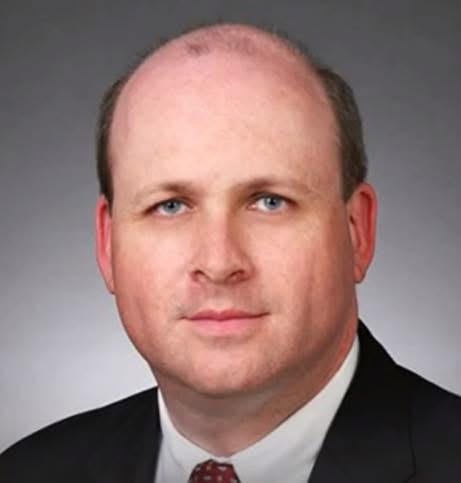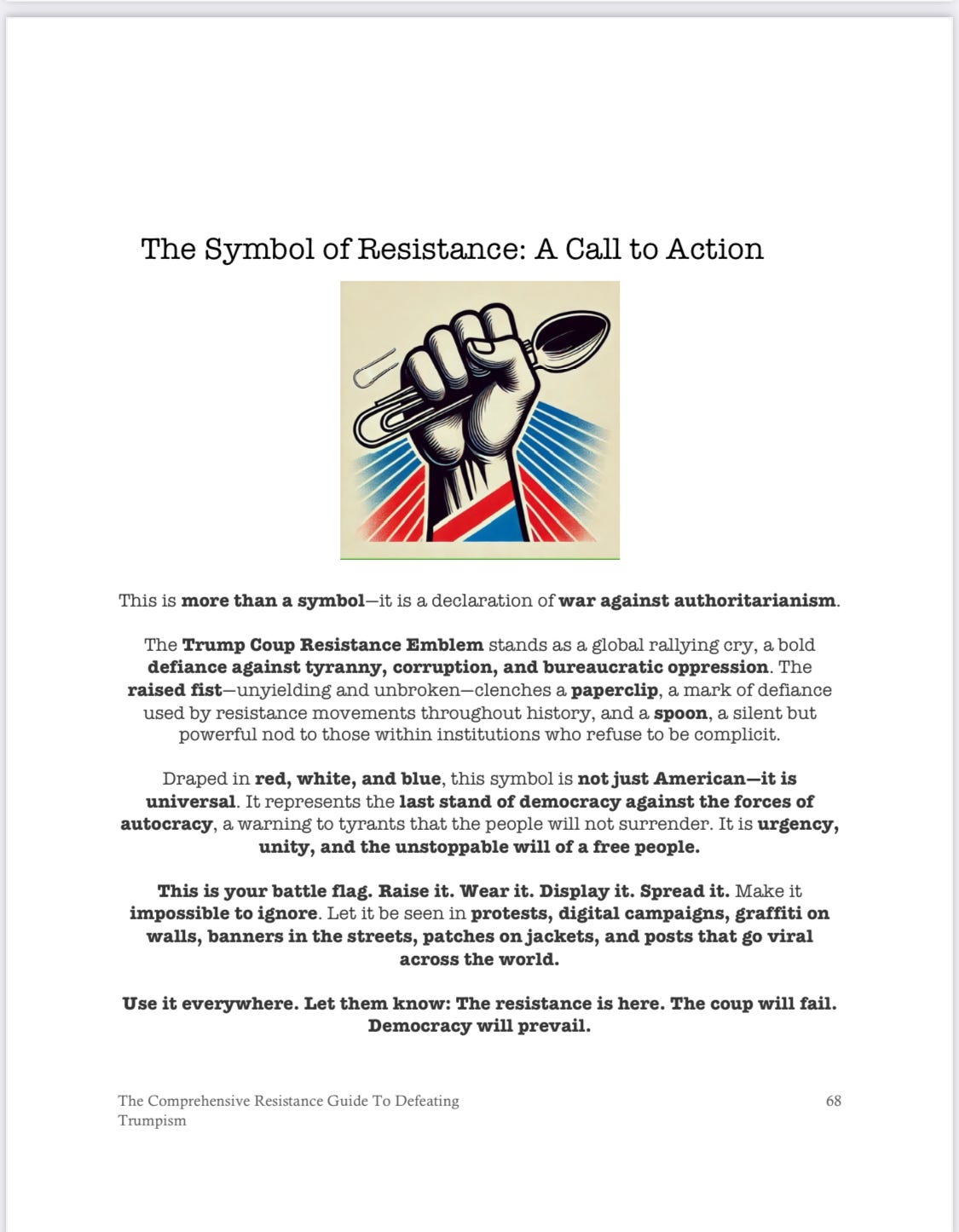“I Will Not Obey”: Marc Elias Defends Democracy, Dismantles Musk
In a single letter, Elias honors his ancestors, exposes authoritarian rot, and reminds us what courage looks like in the face of power.
In this moment of democratic unraveling, when billionaires openly taunt civil rights lawyers and smear defenders of the Constitution as threats to “civilization,” clarity is a revolutionary act.
Elon Musk, whose platform has become a sewer of hate speech and propaganda, recently targeted Marc Elias—the nation’s leading voting rights attorney—with juvenile mockery and a grotesque jab at “generational trauma.” Elias, never one to cower before a bully, responded not with insults, but with truth, history, and moral clarity. His letter is more than a rebuttal. It is a declaration—of identity, of legacy, and of unshakable purpose.
Below is Marc Elias’s full response. It is worth reading in its entirety, worth sharing, and worth saving as a reminder of what it looks like when someone stands firm in the face of authoritarianism and says, without hesitation, “No.”
Mr. Musk,
You recently criticized me and another prominent lawyer fighting for the rule of law and democracy in the United States. I am used to being attacked for my work, particularly on the platform you own and dominate.
I used to be a regular on Twitter, where I amassed over 900,000 followers — all organic except for the right-wing bots who seemed to grow in number. Like many others, I stopped regularly posting on the site because, under your stewardship, it became a hellscape of hate and misinformation.
I also used to buy your cars — first a Model X and then a Model S — back when you spoke optimistically about solving the climate crisis. My family no longer owns any of your cars and never will.
But this is not the reason I am writing. You don’t know me. You have no idea whether I have suffered trauma and if I have, how it has manifested. And it’s none of your business.
However, I will address your last point about generational trauma. I am Jewish, though many on your site simply call me “a jew.” Honestly, it’s often worse than that, but I’m sure you get the point. There was a time when Twitter would remove antisemitic posts, but under your leadership, tolerating the world’s oldest hatred now seems to be a permissible part of your “free speech” agenda.
Like many Jewish families, mine came to America because of trauma. They were fleeing persecution in the Pale of Settlement — the only area in the Russian Empire where Jews were legally allowed to reside. Even there, life was difficult — often traumatic. My family, like others, lived in a shtetl and was poor. Worse, pogroms were common — violent riots in which Jews were beaten, killed and expelled from their villages.
By the time my family fled, life in the Pale had become all but impossible for Jews. Tsar Nicholas II’s government spread anti-Jewish propaganda that encouraged Russians to attack and steal from Jews in their communities. My great-grandfather was fortunate to leave when he did. Those who stayed faced even worse circumstances when Hitler’s army later invaded.
That is the generational trauma I carry. The trauma of being treated as “other” by countrymen you once thought were your friends. The trauma of being scapegoated by authoritarian leaders. The trauma of fleeing while millions of others were systematically murdered. The trauma of watching powerful men treat it all as a joke — or worse.
As an immigrant yourself, you can no doubt sympathize with what it means to leave behind your country, extended family, friends and neighbors to come to the United States. Of course, you probably had more than 86 rubles in your pocket. You probably didn’t ride for nine days in the bottom of a ship or have your surname changed by immigration officials. Here is the ship manifest showing that my family did. Aron, age three, was my grandfather.
As new immigrants, life wasn’t easy. My family lived in cramped housing without hot water. They worked menial jobs — the kind immigrants still perform today.
Some may look down on those immigrants — the ones without fancy degrees — but my family was proud to work and grateful that the United States took them in. They found support within their Jewish community and a political home in the Democratic Party.
I became a lawyer to give back to the country that gave my family a chance. I specialize in representing Democratic campaigns because I believe in the party. I litigate voting rights cases because the right to vote is the bedrock of our democracy. I speak out about free and fair elections because they are under threat.
Now let me address the real crux of your post.
You are very rich and very powerful. You have thrown in with Donald Trump. Whether it is because you think you can control him or because you share his authoritarian vision, I do not know. I do not care.
Together, you and he are dismantling our government, undermining the rule of law and harming the most vulnerable in our society. I am just a lawyer. I do not have your wealth or your platform. I do not control the vast power of the federal government, nor do I have millions of adherents at my disposal to harass and intimidate my opponents. I may even carry generational trauma.
But you need to know this about me. I am the great-grandson of a man who led his family out of the shtetl to a strange land in search of a better life. I am the grandson of the three-year-old boy on that journey. As you know, my English name is Marc, but my Hebrew name is Elhanan (אֶלְחָנָן) — after the great warrior in David’s army who slew a powerful giant.
I will use every tool at my disposal to protect this country from Trump. I will litigate to defend voting rights until there are no cases left to bring. I will speak out against authoritarianism until my last breath.
I will not back down. I will not bow or scrape. I will never obey.
Defiantly,
Marc Elias
⸻
Marc Elias didn’t just respond to Musk—he reminded all of us why this fight matters. He stands on the shoulders of immigrants who fled violence and oppression, and he brings that legacy into every courtroom, every brief, and every public statement. At a time when the law is being twisted into a tool of power, Elias wields it as a shield for democracy.
He is, without exaggeration, my personal hero—a man who not only understands the stakes of this moment but meets them with the resolve of someone whose entire life is rooted in justice, history, and resistance.
May we all find the courage to follow his lead.






